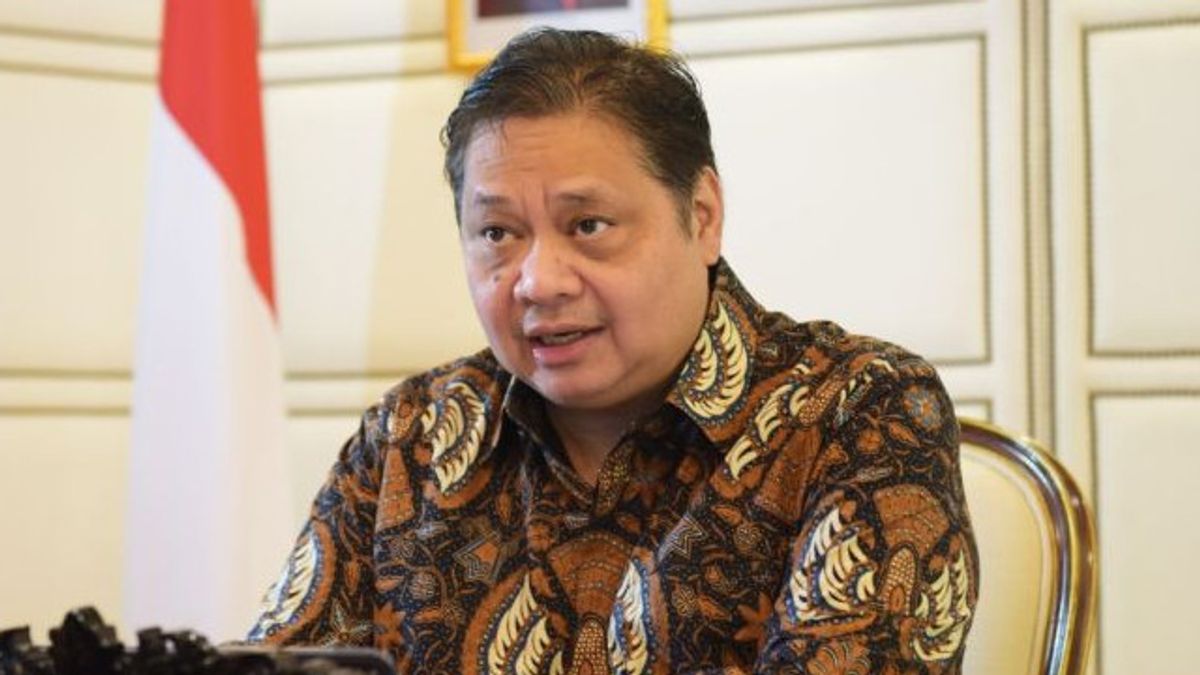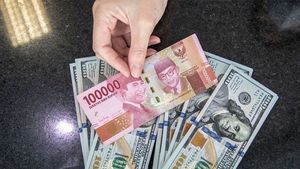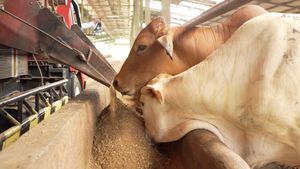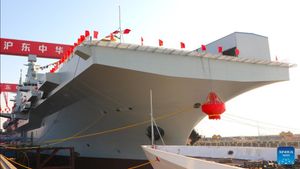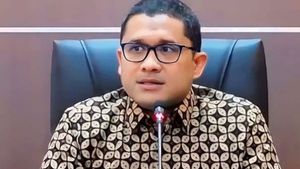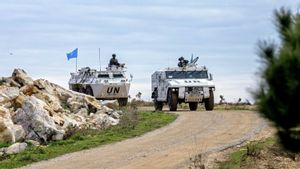Coordinating Minister for Economic Affairs Airlangga Hartarto said that the distribution of cluster people's business loans (KUR) has a more measurable risk level for banks, because financed business groups have a clear market.
"In accordance with the President's directives, KUR clusters will be encouraged. Because for banks, the risk rate is more measurable because in this case there are collectors or aggregators, there are off takers or underwriters, so that all of them are included in the ecosystem with products that have a clear market," he said after accompanying President Joko Widodo at the KUR Cluster Submission event at the State Palace, Jakarta, quoted from Antara, Monday, December 19.
He said KUR clusters are given to micro, small and medium enterprises (MSMEs) which are suppliers or suppliers to clear markets, for example for MSMEs in several Islamic boarding schools and MSMEs in Bali which is a supplier for a large souvenir shop on the Island of the Gods.
"These models are the ones that the government wants to encourage, including MSMEs in Bali, for example, the Krisna souvenir shop, which consists of several MSMEs, and MSMEs that become vendors or become suppliers at Krisna's shop, given people's business loans," said Airlangga.
In general, he said that the distribution of KUR in 2022 has reached IDR 335.29 trillion from the total allocation of IDR 373 trillion. In the future, the government will encourage the distribution of more massive cluster KUR.
Previously, Indonesian President Joko Widodo (Jokowi) asked his staff to increase and expand the cluster's business credit (KUR) program to various sectors in order to increase sales and business models of MSMEs.
"I'm happy that now there is a cluster KUR model, this is true, it must be clustered, it must be clustered," said President Jokowi in the Submission of Cluster People's Business Credit (KUR) at the State Palace, Jakarta, Monday.
Jokowi is happy because various KUR clusters are currently developing. He gave an example of a horticultural cluster involving MSMEs from Islamic boarding schools.
The cluster model also grows the horticultural MSME business because there are off takers or underwriters who support the purchase of MSME products.
"I'm happy that there was a boarding school that got billions of rupiah for horticultural matters, the vegetables were purchased, then sold through businesses that have a large network so that the off taker is clear, the underwriters will be clear," he said.
The English, Chinese, Japanese, Arabic, and French versions are automatically generated by the AI. So there may still be inaccuracies in translating, please always see Indonesian as our main language. (system supported by DigitalSiber.id)
